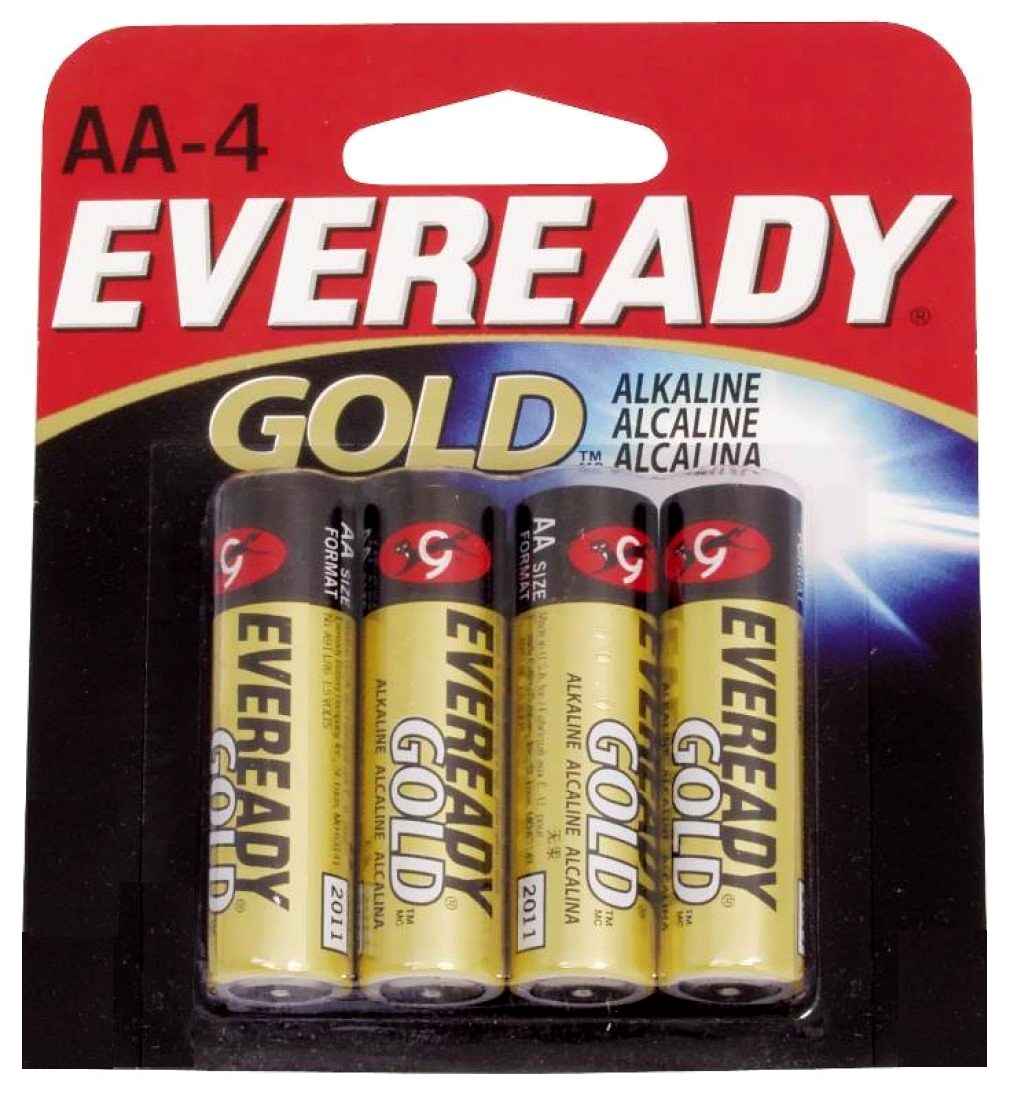

If helps the busy professional who needs a crash course on batteries the engineer who searches for a battery to launch a new product the student who seeks answers for an academic project and the everyday battery user who wants to get the most out of each battery. This bestseller handbook on batteries provides a basic understanding of their strength and limitations. Incremental improvements are being made and the fourth edition Batteries in a Portable World elaborates on these developments. These limitations become apparent when advancing the battery from portable uses to wheeled mobility that demands strenuous conformities and long service under harsh conditions. You will feel like you are right in the middle of the action as you read this book.īatteries receive much media attention but they lag behind other technologies. If you’re looking for a book that will keep you on the edge of your seat, then you need to read Batteries In A Portable World 4Th Edition. The information in this book is incredibly insightful and will make you feel better about your knowledge of the world, especially concerning the topic of Batteries In A Portable World 4Th Edition. Have you read Batteries In A Portable World 4Th Edition yet? If not, now is the time to do so.Įveryone needs to read Batteries In A Portable World 4Th Edition because it is such a fascinating book. There are many books on Batteries In A Portable World 4Th Edition, but this one is the best. When you read this book, you will get the latest information on Batteries In A Portable World 4Th Edition which will keep you current on this topic. These standards should be referenced when procuring and evaluating equipment and professional services.This book is the most recent and up-to-date source of information concerning Batteries In A Portable World 4Th Edition. These standards have been selected because they pertain to lithium-ion Batteries and Battery Management in stationary applications, including uninterruptible power supply (UPS), rural electrification, and solar photovoltaic (PV) systems. The internationally recognized standards listed in this section have been created by the International Electrotechnical Commission (IEC), Underwriters Laboratories (UL), the Japanese Standards Association (JSA), and others.

They are also critical to ensuring that products and services are safe for consumers and the environment.Ī number of standards have been developed for the design, testing, and installation of lithium-ion batteries. Standards are an invaluable tool in industry and business, because they streamline business practices and provide a level playing field for businesses to develop products and services. Standards are norms or requirements that establish a basis for the common understanding and judgment of materials, products, and processes. Many organizations have established standards that address lithium-ion battery safety, performance, testing, and maintenance.


 0 kommentar(er)
0 kommentar(er)
